Margaret Mead
Early Life and Education
Margaret Mead was born on December 16, 1901, in Philadelphia, Pennsylvania. Her parents, Edward Sherwood Mead and Emily Fogg Mead, were both educators. Her father was an economist at the Wharton School, and her mother was a sociologist who studied Italian immigrants.
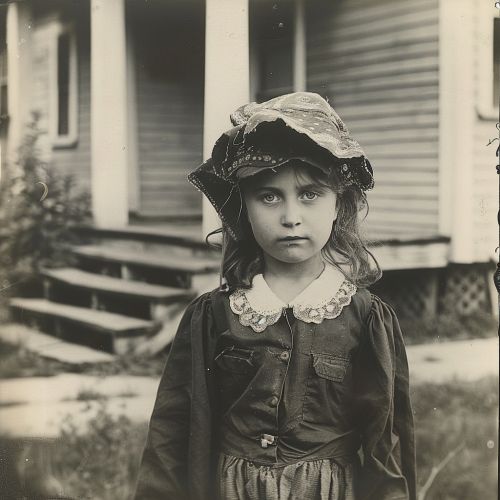
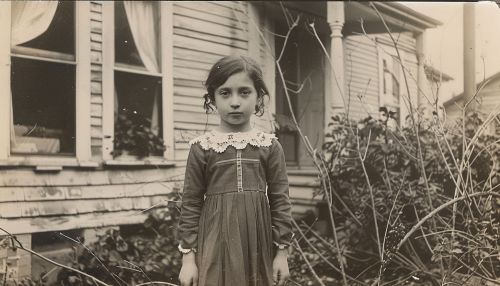
Mead was educated at home by her grandmother until the age of 11. She then attended the Buck's County Country Day School before enrolling at the Doylestown High School. In 1919, she entered DePauw University, where she stayed for one year before transferring to Barnard College. At Barnard, she met Franz Boas, the father of modern anthropology, and his student, Ruth Benedict. Boas and Benedict would become her lifelong mentors and colleagues. Mead graduated from Barnard in 1923 and entered the graduate school of Columbia University to study anthropology.
Career and Contributions to Anthropology
Mead began her professional career in 1925 when she left for Samoa to conduct her first field study. Her research, which focused on adolescent girls, challenged the prevailing belief in the West that "storm and stress" were natural and inevitable parts of adolescent development. Her findings, published in 1928 as "Coming of Age in Samoa," suggested that this turmoil was a product of cultural factors rather than biological ones, a revolutionary idea at the time.
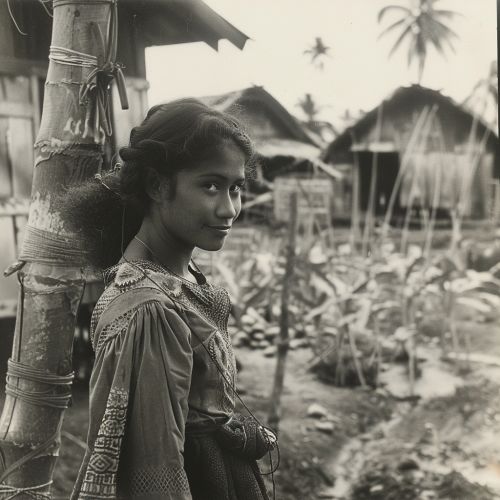
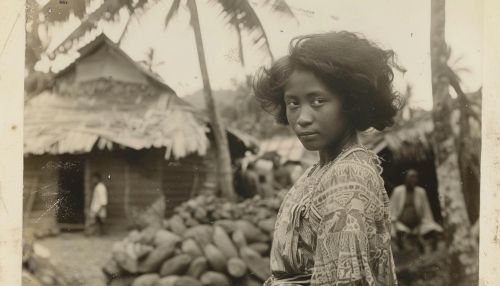
Mead continued her research in other parts of the world, including New Guinea and Bali. Her studies often focused on gender roles and child-rearing practices, and she is credited with helping to establish the field of cultural anthropology. Her work was groundbreaking in its comparative, cross-cultural approach and its emphasis on the impact of culture on human behavior.
In addition to her fieldwork, Mead held various academic positions throughout her career. She was an assistant curator of ethnology at the American Museum of Natural History in New York City from 1926 to 1942, and she later served as the museum's curator of ethnology from 1942 until her retirement in 1969. She also taught at Columbia University and was a visiting lecturer at many other institutions.
Later Life and Legacy
Mead continued to write and lecture until her death in 1978. Her work has had a profound impact on the field of anthropology and has influenced other disciplines, including psychology, sociology, and education. She was a prolific writer, publishing more than 20 books and numerous articles, and she was a popular speaker, known for her ability to communicate complex ideas in a clear and engaging manner.
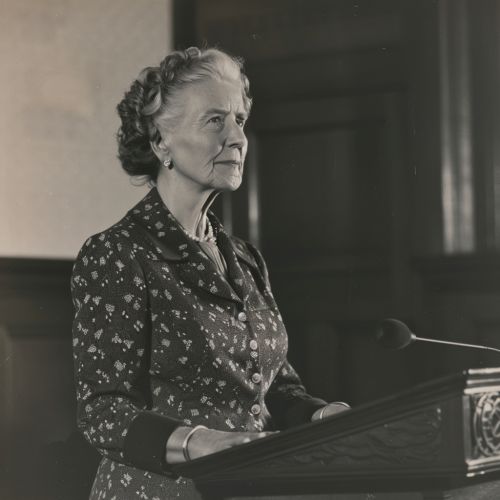
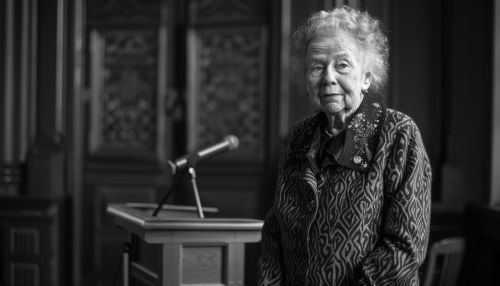
Mead's contributions to anthropology and her influence on the social sciences have been widely recognized. She was awarded the Presidential Medal of Freedom, the highest civilian honor in the United States, in 1979. She has also been honored with numerous other awards and honors, and several institutions, including the Library of Congress and the American Museum of Natural History, have collections named in her honor.
